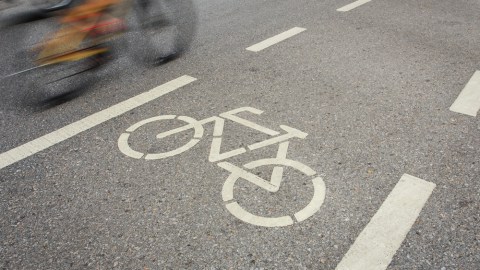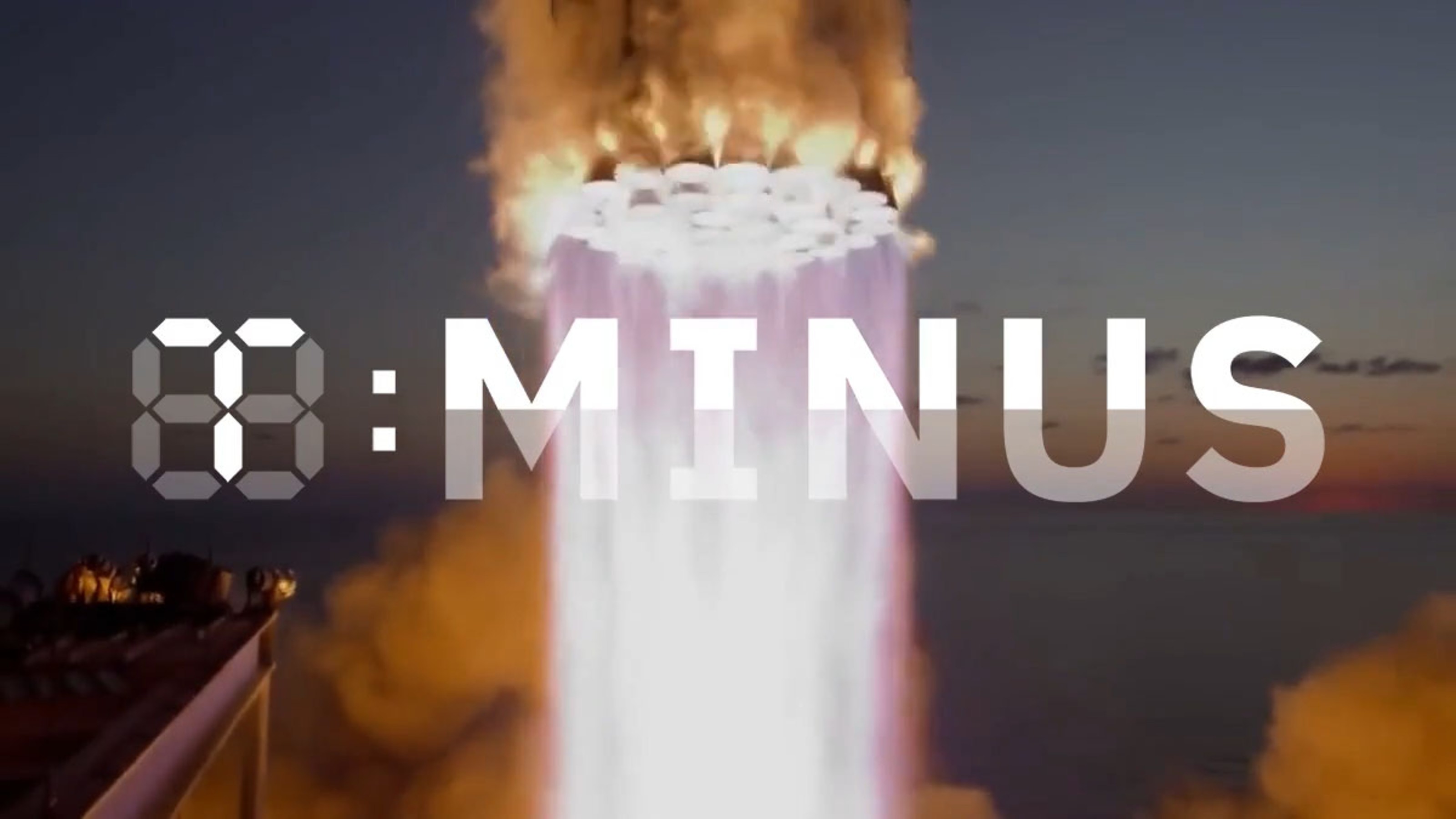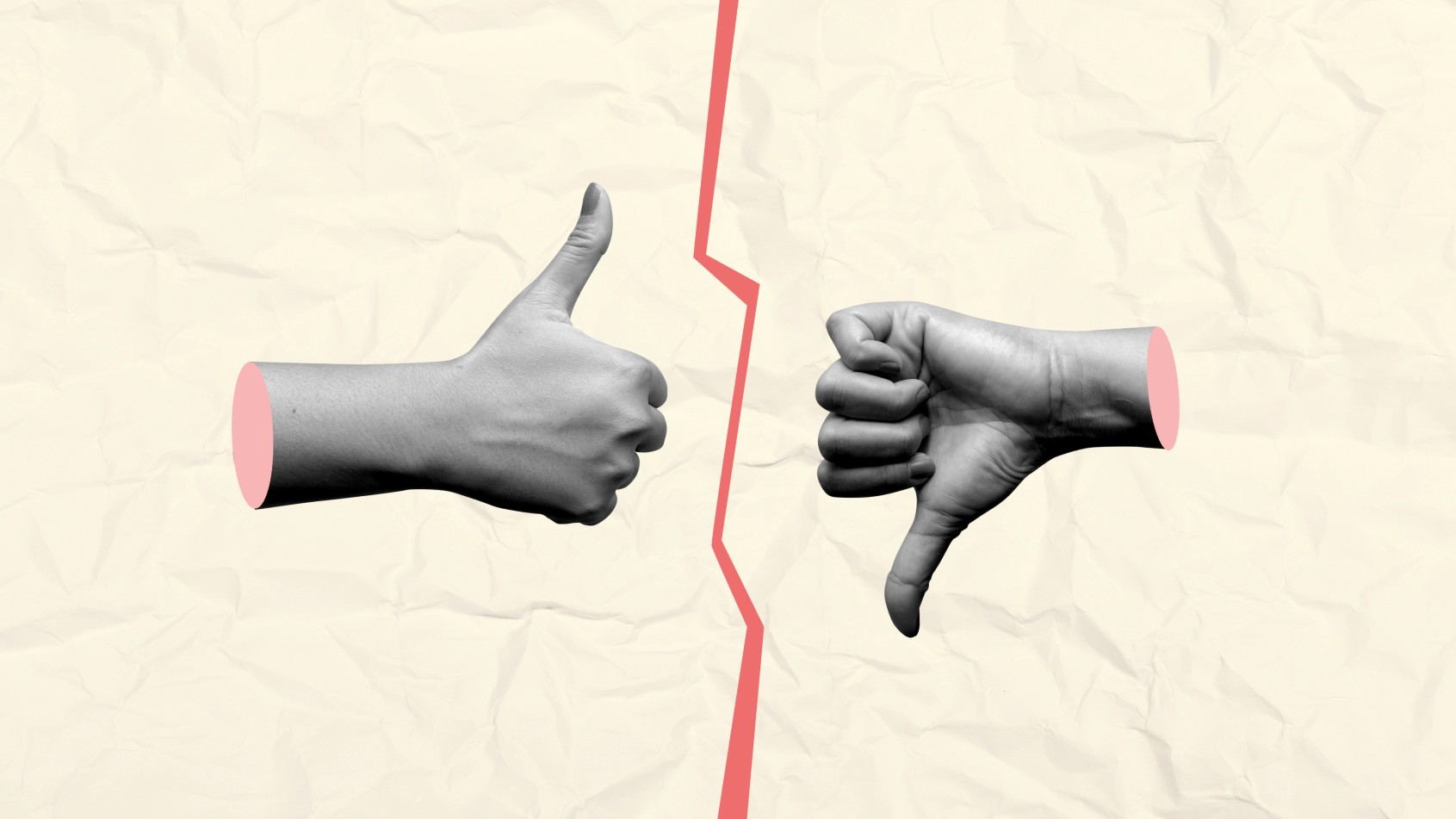The Reverse Toll: Should Governments Pay People Who Walk or Bike?

The Norwegian town of Lillestrøm recently undertook an experiment that demonstrated the economic value of emission-free transportation, i.e. walking and cycling, by giving cash to citizens in the street. The town’s authorities called the experiment a “reverse toll” and wanted to encourage sustainable transportation by rewarding good behavior. Citizens walking or biking through the town center were kindly stopped and given 100 kroner, or about $15.
“Research from the country’s national health agency shows that active transportation saves the Norwegian government about $8 for every kilometer a pedestrian walks, and about $4 per kilometer traveled by bike.”
In addition to creating an impressive network of cycling lanes, the town is constructing a series of charging station for hydrogen powered cars and switching its government vehicles to a zero-emission fleet. Lillestrøm mayor Ole Jacob Flætene says that encouraging active transport is about more than people’s health or economic savings: better urban planning can improve people’s quality of life, making them happier and more stress-free.
In his Big Think interview, Tesla’s Elon Musk argues that innovation must bridge the technology gap for the time being. That means taking practical decisions to save energy use:
Read more at Fast Company
Photo credit: Shutterstock





